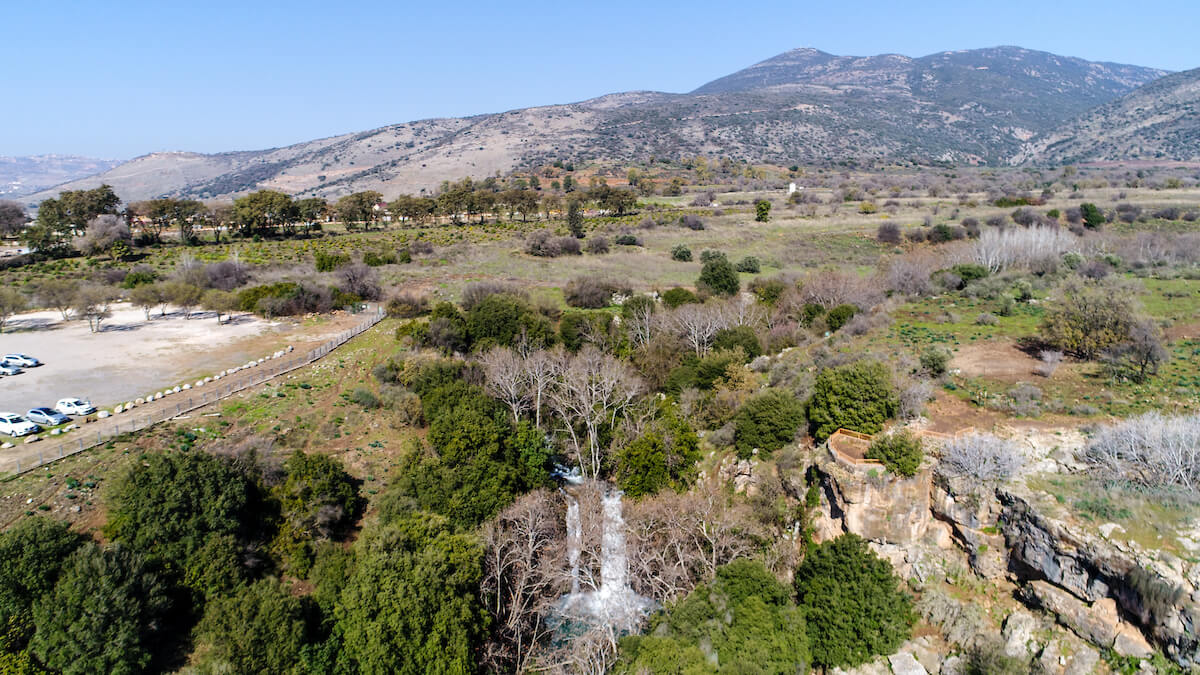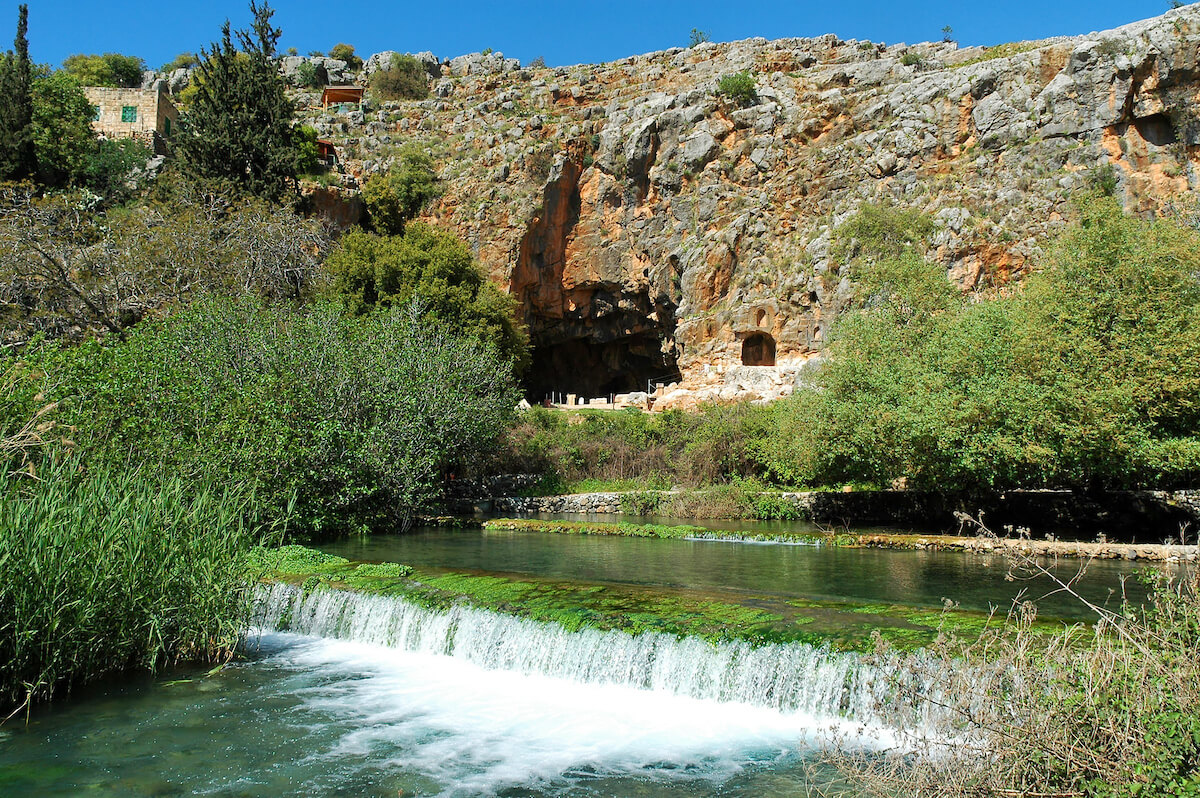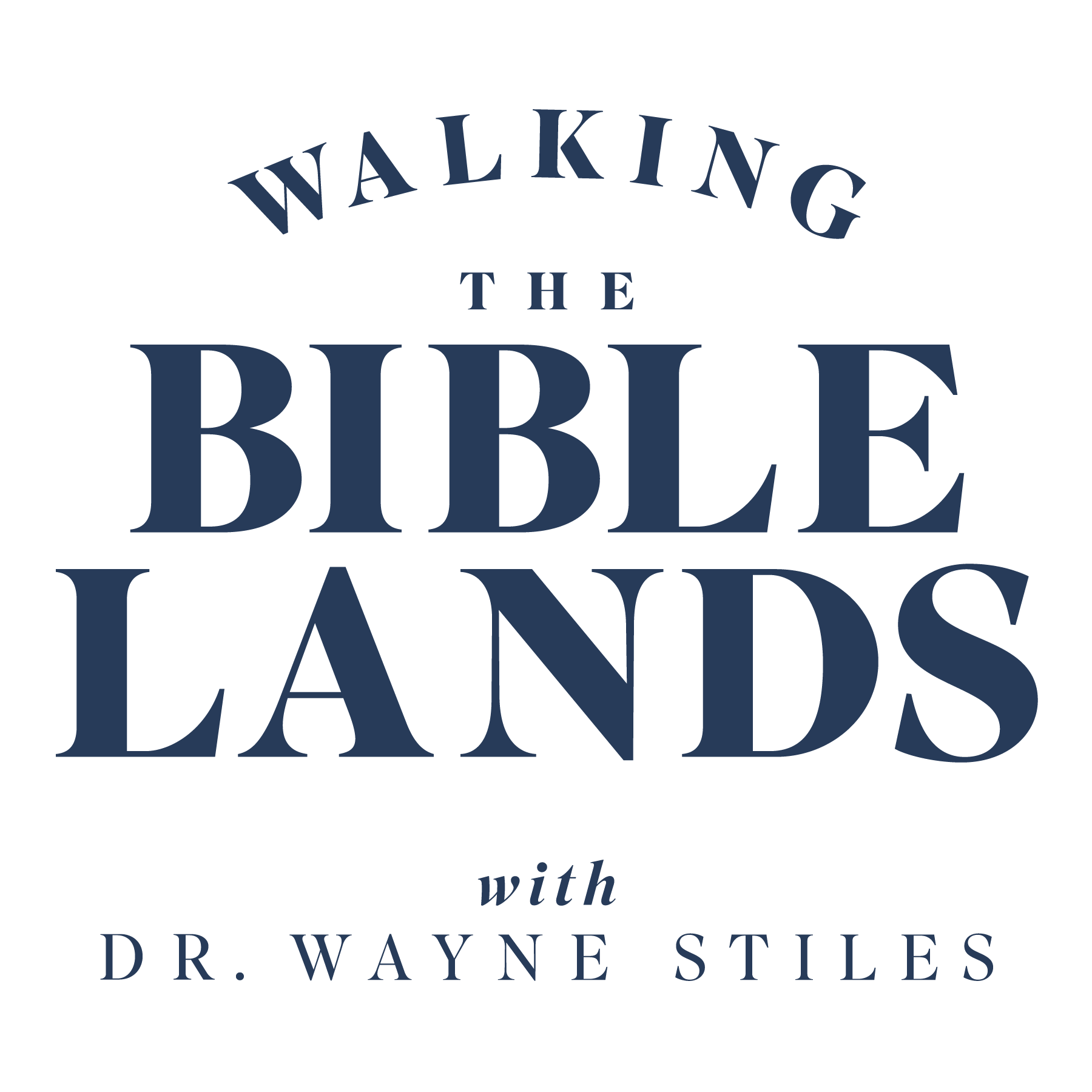3 min read
Banias Falls—Where Your Overwhelming Despair Finds its Hope
How Jesus’ resurrection gives the solution to the despair we feel.
Wayne Stiles
:
Jul 26, 2020 10:33:53 PM

Sometimes despair can wash over us like a wall of water. One moment we’re dry—the next, we’re dripping with discouragement. I’m talking about an overwhelming sense that it will never get any better.

(Photo: Banias Falls. Courtesy of the Pictorial Library of Bible Lands)
“What if,” to quote Jack Nicholson, “this is as good as it gets?” I don’t know about you, but despair can be one of my greatest struggles. In those moments, I travel in my mind back to Banias.
The psalmist used the waterfalls at Banias in northern Israel to express a similar question and emotion. But he also had a solution of hope we need to turn toward when we feel overwhelmed by despair.
In fact, Jesus gave us that ultimate hope in the exact same region.
The Banias Falls—A Picture of Despair
In far north Israel, the melting snows of the Mount Hermon mountain range seep underground and resurface as natural springs.
One of those springs flows at Banias, or Caesarea Philippi, and helps to form the headwaters of the Jordan River. Less than a mile downstream, the waters twist and turn through boulders, trees, and ravines, forming foaming streams and beautiful waterfalls.

(Photo: Banias Falls below Mount Hermon. Courtesy of the Pictorial Library of Bible Lands)
In Psalm 42, the psalmist uses the waterfalls at Banias as a metaphor of the heaviness of his “despair.”
Why are you in despair, O my soul?
And why have you become disturbed within me?
Hope in God, for I shall again praise Him
For the help of His presence.
O my God, my soul is in despair within me;
Therefore I remember You from the land of the Jordan
And the peaks of Hermon, from Mount Mizar.
Deep calls to deep at the sound of Your waterfalls;
All Your breakers and Your waves have rolled over me. —Psalm 42:5–7
The Hebrew term for “despair” refers to “sinking down,” and the author wrote it in an intensive form that points the action back upon itself. The waves picture a heavy, bludgeoning, hopelessness—in which the more you dwell on it, the worse you “sink down” deeper and deeper into despair.
Got the picture?
Have you ever stood beneath a waterfall? The water is amazingly weighty. It feels like someone standing over you pushing down on your shoulders at rapid (no pun intended) intervals.
Pounding, unrelenting—and most of all, heavy. The challenge is made worse by the fact that the rushing waters are of God— “Your waterfalls . . . Your breakers and Your waves.” Somehow, God’s hand of providence has guided the circumstances.
The psalmist recalls the good days when he enjoyed the festivals at Jerusalem (v. 4). He longs to go up to Jerusalem again and be with the Lord (cf. Psalm 43:3-4).
The hope of Jerusalem keeps him going in the midst of despair.
Jesus, Banias, and Hope beyond Despair
Upstream from the falls centuries later, Jesus gave the solution to the Psalmist’s despair.
About one year before Jesus went to the cross, He took His 12 disciples to the far north of Israel to the region of Caesarea Philippi. In that region, Jesus uttered a word He had never used before: “I will build My church; and the gates of Hades will not overpower it” (Matt. 16:18).

(Photo: Caesarea Philippi. Courtesy of the Pictorial Library of Bible Lands)
Jesus also shared something with His men He had never shared so plainly before. “From that time,” Matthew wrote, “Jesus began to show His disciples that He must go to Jerusalem, and suffer many things from the elders and chief priests and scribes, and be killed, and be raised up on the third day” (Matt. 16:21).
Don’t skip that last part. (The disciples did.) “And be raised up on the third day.”
While we can’t make too much of the geographic connection, neither can we dismiss it.
- Both scenes of despair—with the psalmist and with the disciples—occurred in the region of Caesarea Philippi or Banias.
- Both looked to a future feast in Jerusalem as the hope and solution.
- Both anticipated what God would ultimately do at that feast.
Of course, Jesus knew the full implications of the upcoming Passover, a fulfillment the psalmist’s hope could not even imagine.
The Solution to Our Despair
Jesus’ death and resurrection gives the fullness and solution to the despair we feel. When the waterfalls seem overwhelming, when it feels like “this is as good as it gets,” remember that this life isn’t the goal.
Just as Jesus was “raised up on the third day,” so will those of us who believe in Him. Our ultimate hope is not for a solution in this life. We can keep plodding through the waves, because our hope lies in God’s promise to raise us up again.
In the mean time, our help is in the promise of God’s presence with us:
Why are you in despair, O my soul?
And why have you become disturbed within me?
Hope in God, for I shall again praise Him
For the help of His presence. —Ps. 42:5
Tell me what you think: When you struggle with despair, what helps keep you going? To leave a comment, just click here.
Click here to leave a comment.
-1.png?width=5230&height=1198&name=unnamed%20(4)-1.png)

.jpg?width=350&name=Wayne-books-350wide%20(1).jpg)




